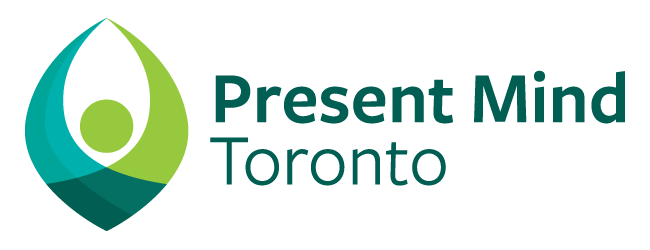How high is your self-efficacy?
Have you noticed a disconnect between your desire to achieve goals, and your perceived ability to achieve them? Do you feel stuck, or unable to take action on your ideas? Low self-efficacy could be the culprit.
Tommy dreamed of starting his own business. He wanted to take his passion for music and transform it into a viable recording company. However, something stopped him from developing a business plan, taking out of a line of credit, and launching his business. Could it be the tension that he felt in his stomach when he imagined leaving his stable, albeit dull, employment? That was part of the story, but there was something greater than nerves holding him back. It was something deep within himself. At his core, he did not believe that he would be able to succeed. Tommy suffered from low self-efficacy.
Over time, and working closely with a therapist and career coach, Tommy overcame his insecurities and developed concrete plans to realize his dream of launching his own business. He drafted a financial strategy, cultivated relationships with musicians, and continued working in his current job part-time to cover his living expenses until new business became profitable. It was not easy, and it did not happen overnight, but eventually Tommy looked around and realized that his dreams had come to fruition. He was now the owner of a successful recording studio. His colleagues and clients were musicians, and he felt a renewed sense of purpose and excitement each day. His confidence in his ability to succeed had improved too.
Improving self-efficacy involves building confidence in your abilities to succeed in specific tasks or situations. Here are some strategies to help enhance self-efficacy:
1. Set Achievable Goals
Start with small, manageable tasks and gradually increase their difficulty as you gain confidence. Success in smaller goals builds a foundation for tackling more challenging ones.
2. Learn from Past Successes
Reflect on previous accomplishments, and identify the skills and strategies that you used to succeed in the past. Recognizing that you have overcome challenges in your life reinforces your belief in your ability to succeed in the present.
3. Observe Others (Vicarious Experiences)
Watch others who are similar to you succeed in tasks you want to accomplish. Seeing others achieve can boost your belief that you can do it too. Role models or mentors can be particularly helpful.
4. Seek Constructive Feedback
Positive, specific feedback can reinforce your belief in your abilities. Constructive criticism can also help you identify areas for improvement, which can lead to growth and increased self-efficacy.
5. Practice Regularly
The more you practice a task, the more proficient you become, which naturally increases your confidence in performing that task. Repetition builds mastery and reduces anxiety.
6. Manage Stress and Anxiety
Imagine the worst-case scenario happening, and then imagine how you would handle it. It is grounding to recognize that you cannot control the outside world, but you can respond to life’s challenges with skill and grace. It is also helpful to practice stress management techniques like deep breathing, meditation, and exercise to keep anxiety at bay. It is normal to feel nervous, or to feel like an imposter when you are stepping outside of your comfort zone. Acknowledge those feelings—and recognize that they are sign that you are growing—but do not let them prevent you from moving forward.
7. Visualize Success
Spend time imagining yourself succeeding in the task at hand. When you have a clear vision of what success will look like, sound like, and feel like, your goal will begin to take shape. At first, it may feel like a vague idea, but eventually it will come into focus as a destination that you can one day inhabit.
8. Develop a Growth Mindset
Adopt a mindset that views challenges as obstacles to overcome, rather than as threats or dead ends. This mindset fosters resilience and a belief that you can be agile and adaptable.
9. Surround Yourself with Support
Just because it is called self-efficacy does not mean that you have to achieve your goals all by yourself. Social support from friends, family, or professionals can be vital in achieving your goals. Receiving expertise, emotional support, and financial resources from your support network can boost your self-efficacy and reduce the perceived risk of trying something new.
10. Learn New Skills
Expanding your skillset can directly improve your confidence in various areas. The more capable you feel, the more your self-efficacy will grow.
By consistently applying these strategies, you can build and strengthen your self-efficacy, leading to greater success and resilience in facing challenges.
Are you interested in improving your own ability to achieve your goals? Get started with a therapist who can help you gain insight into your mindset and abilities, and develop a concrete plan to realize your vision.

